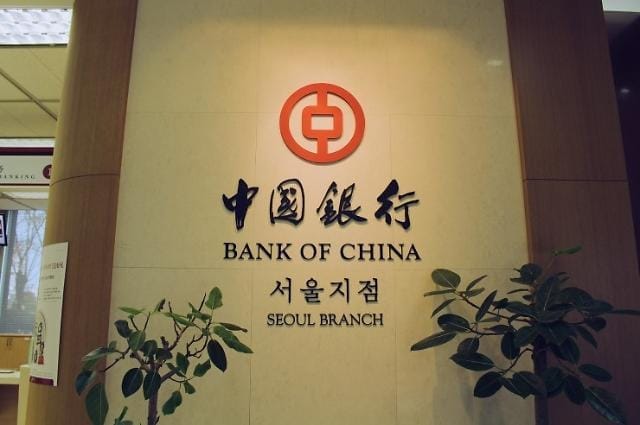The 36 Billion KRW Fine on Bank of China Seoul Branch: What’s Behind It?

On January 25, 2024, South Korea's Supreme Court ruled against the Bank of China Seoul Branch ("BOC Seoul"), ordering it to pay 36 billion KRW (approximately 1.9 million RMB) in back taxes and fines to the Jongno Tax Office for unpaid taxes from 2011 to 2015.
During those five years, BOC Seoul loaned its own funds and customer deposits to Chinese borrowers or deposited them with the Bank of China’s headquarters or other banks in China. Consequently, BOC Seoul earned interest income in China.
This case is noteworthy because BOC Seoul had already paid a 10% withholding tax on the relevant income according to Chinese regulations and had applied for a foreign tax credit in Korea under Article 23(2) of the Agreement between the Government of the People's Republic of China and the Government of the Republic of Korea for the Avoidance of Double Taxation and the Prevention of Fiscal Evasion (the "China-Korea Agreement"). The corporate income tax rate in Korea was 22% in 2011 and 20% in 2012, leading BOC Seoul to pay an additional 12% in 2011 and 10% in 2012.
Moreover, according to Article 11(2) of the China-Korea Agreement, the interest income obtained by BOC Seoul in China should be taxed at a reduced rate of 10%, which was not in violation of the aforementioned regulations.
At first glance, BOC Seoul's actions appear legal and compliant; they paid the necessary taxes and followed the rules. So, what went wrong? Let’s delve deeper.

